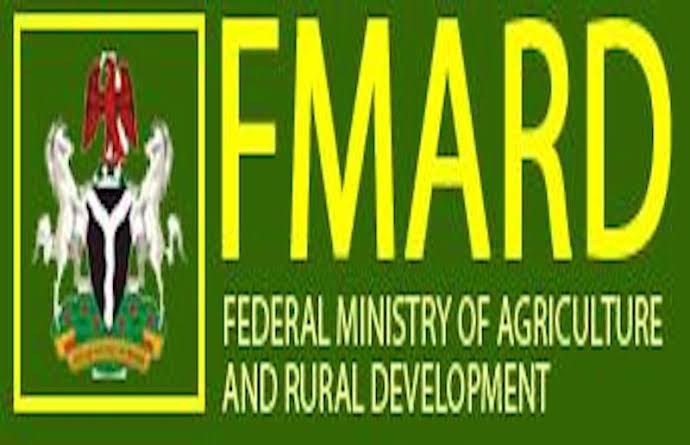The Federal Ministry of Agriculture and Rural Development has inaugurated a technical committee to streamline the existing Sorghum varieties in the country to meet food and industrial demands.
Modupe Olatunji, Information Officer I in the ministry, disclosed this in a statement released on Sunday in Abuja.
The committee was inaugurated by Dr Ernest Umakhihe, Permanent Secretary, Federal Ministry of Agriculture and Rural Development.
Umakhihe, represented by Mrs Karima Babangida, the Director, Federal Department of Agriculture urged stakeholders in the value chain to collaborate to achieve set targets.
He stated that the ministry had been promoting Sorghum production and value addition toward self-sufficiency and meeting industrial requirements of the country for which Nigeria currently ranks second highest producer in Africa.
Umakhihe said that the crop had recently assumed great industrial relevance such that many multinational companies, especially the breweries now use sorghum grits as adjuncts (up to 40 per cent) to barley base (mash) for making alcoholic and non-alcoholic beverages.
According to him, breakfast cereals such as flakes are also made from sorghum.
He further said that Flour Mills use sorghum in place of wheat for composite flour which serves as the main ingredient in the manufacture of confectioneries such as bread, biscuits, cakes, couscous, infant foods and cookies.
The Permanent Secretary said that food products using sorghum as one of their ingredients include Indomie, spaghetti and macaroni.
“In addition, the non-food industrial use of sorghum as grits also exist in aluminium ore refining, animal feeds, building materials and foundry binders.
“The prevalence of many varieties and cultivars is identified as the major problem leading to low sorghum productivity resulting in supply shortfall.
“The varieties are not what is needed by our food industries, so this has necessitated the need to streamline the existing varieties to meet our food, industrial and export needs,” he said.
To achieve this, he stated that the ministry set up the technical committee to streamline the existing varieties and find other ways to improve the productivity and quality of Sorghum produce.
“This is essential as it will also enhance farmers’ income, attract more youth to sorghum cultivation, meet national demand and contribute to the growth of the Gross Domestic Product,” he said.
The Chairman of the Technical Committee, Prof. Dan Abah, assured that members would work assiduously toward achieving its terms of Reference.
Abah said this would ensure that the sorghum sub-sector improve on quality seeds, production and increase income for farmers.
The committee was given its terms of reference to guide members. These include identifying the variety of sorghum being cultivated.
The committee is expected to commence work immediately and submit its report to the ministry within two months.
